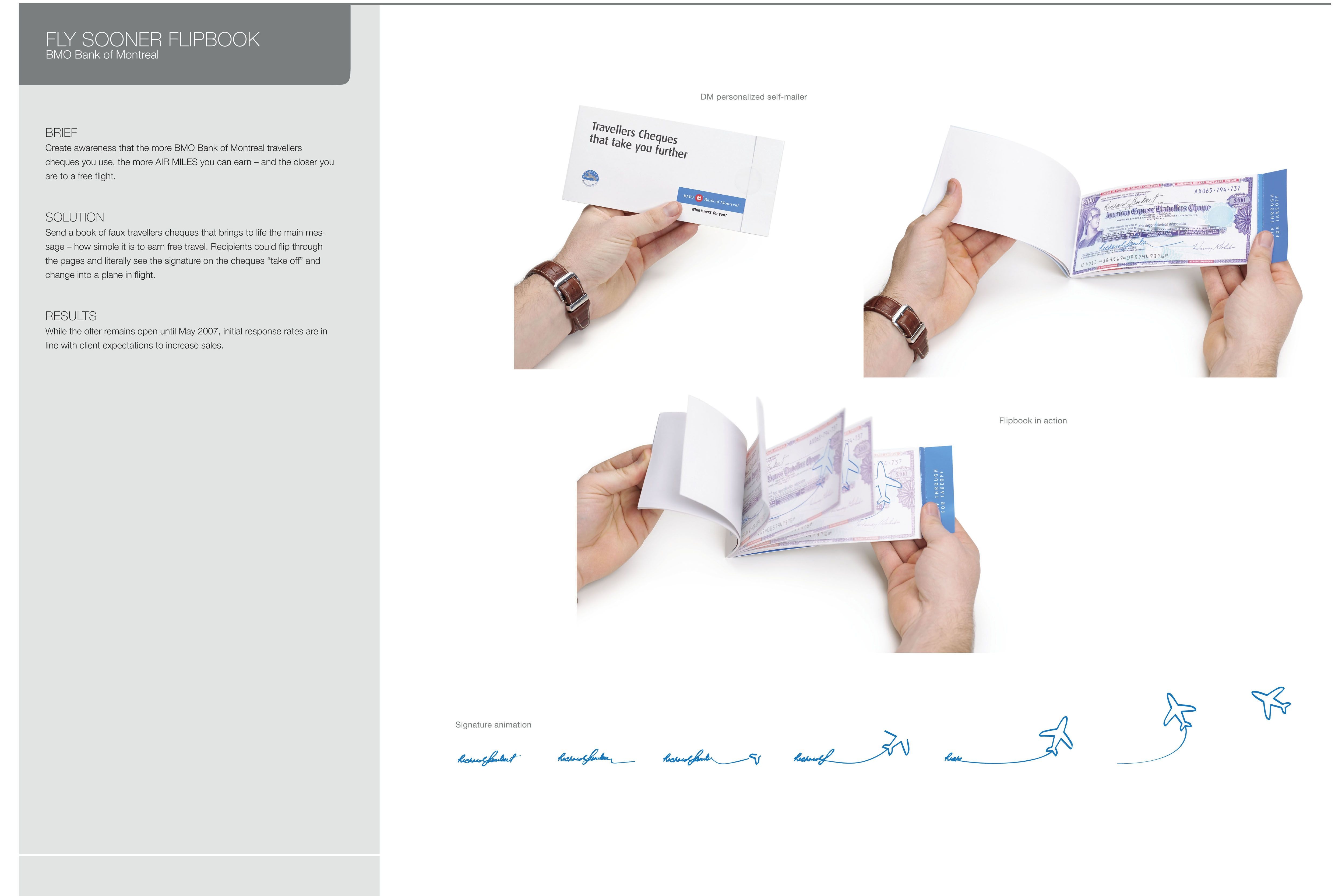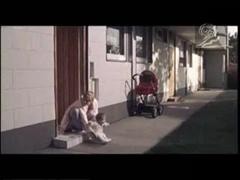Cannes Lions
Financial Fairness
FCB CANADA, Toronto / BMO (BANK OF MONTREAL) / 2020
Awards:


Overview
Entries
Credits
Overview
Background
Bank of Montreal (BMO) was seeking to establish a new purpose-driven brand, positioning itself as a bank that uses financial services as a force for good. Support for women’s initiatives was a key part of BMO’s new strategy, as the bank has a strong history of championing women’s advancement – from their long-standing support of women-led businesses to achieving over 40% female leadership within the bank.
Our goal was to launch BMO’s new purpose-driven brand through the lens of female empowerment for International Women’s Day, in-order to build brand affinity and engagement in a category that consumers tend to tune out.
We set out to fight gender bias in the financial system by addressing the root causes of women’s financial disempowerment. Today, only 31% of women believe they’re financially knowledgeable; the financial industry has long acknowledged women’s lack of confidence, but our goal was to finally address the underlying cause.
Idea
Introducing Financial Fairness, a campaign that exposes the hidden financial stereotypes and language that erode women’s financial confidence - in order to rewrite women’s relationships with their finances.
Launched with the film ‘Jane’s Story’, we show how a lifetime of negative stereotyping damages a woman’s confidence with money. From “gold digger” to “shopaholic,” we demonstrate the cumulative impact of ingrained and insidious stereotypes. Jane ultimately leaves financial planning to her husband and faces financial insecurity as a result. But the video flips the script, showing if we can dismantle the myth that women are bad with money, we can strengthen women’s confidence.
To change the cultural representation of women and money, we rewrote biased labels with shareable gifs that flipped their meaning from harmful to empowering - turning “Shopaholic” into “Stockaholic” and “Gold Digger” into “Goal Digger,” and we even petitioned to remove sexist labels from the dictionary altogether.
Strategy
Women control 40% of global wealth, but their financial confidence hasn’t kept pace. Women have been culturally primed to believe that they don’t have the knowledge to manage their financial decisions. 55% of female investors believe they know less than the average investor, compared to only 27% of male investors. A lack of financial engagement leaves women vulnerable: women are 80% more likely to retire in poverty.
Women aren’t inherently less confident or competent with money, they’re just conditioned to feel that way. From “retail therapy” to “marry rich”, women are surrounded by a cultural narrative that paints them as reckless, incapable, and inferior around finances. The more society tells women they’re bad with money, the more they believe it.
Most women experience financial bias, but few are aware of the impact. So we had to reveal this cycle of cultural conditioning in order to close the financial confidence gap.
Execution
On International Women’s Day, BMO started a conversation that was long overdue with the launch of ‘Jane’s Story’, a film that heightened awareness of biased language and its impact on women’s financial confidence. Additional short-format videos exposed biased labels, driving to our content hub, bmoforwomen.com/ourcommitment, for further information.
Our message was amplified by a coalition of female financial influencers, Mrs. Dow Jones, The Fiscal Femme, and Jamila Souffrant, who shared Jane’s story to drive organic engagement with their followers.
The second phase rewrote the biased cultural narrative that women encounter. We rewrote labels with a series of GIFs that re-appropriate biased language. And to advocate for real, lasting change, we created a petition to remove biased language from dictionaries.
Finally, we rewrote the model of a financial expert. We launched the Chief Allowance Officer, making a young girl BMO’s financial expert who taught other girls financial basics with online videos.
Outcome
This purpose-driven initiative created a connection in a low-engagement category by bringing a cultural issue to light, revealing a critical need for change. By challenging the cultural inequity of women’s financial confidence, BMO built an emotionally charged campaign that dominated the conversation on International Women’s Day. We far exceeded our goals; increasing brand reach and recall with over 90MM impressions.
Brand Reach and Recall:
· +19.8 pts (compared to financial norm of +6.1)
· 90MM+ impressions
· 50MM views of Jane videos
Brand Favourability:
· +7.1 pts (compared to financial norm of +0.7 pts).
· 99.3% positive/neutral social sentiment
Brand Engagement:
· Drove 83,400 customers to BMOForWomen.com, a 348% increase in visits compared to our campaign objective
· 42% of users spent more than 15 seconds on the campaign’s content page, up from 33% during last year’s campaign
· 109% increase in the use of #BMOforWomen compared to 2019 campaign
Similar Campaigns
12 items





